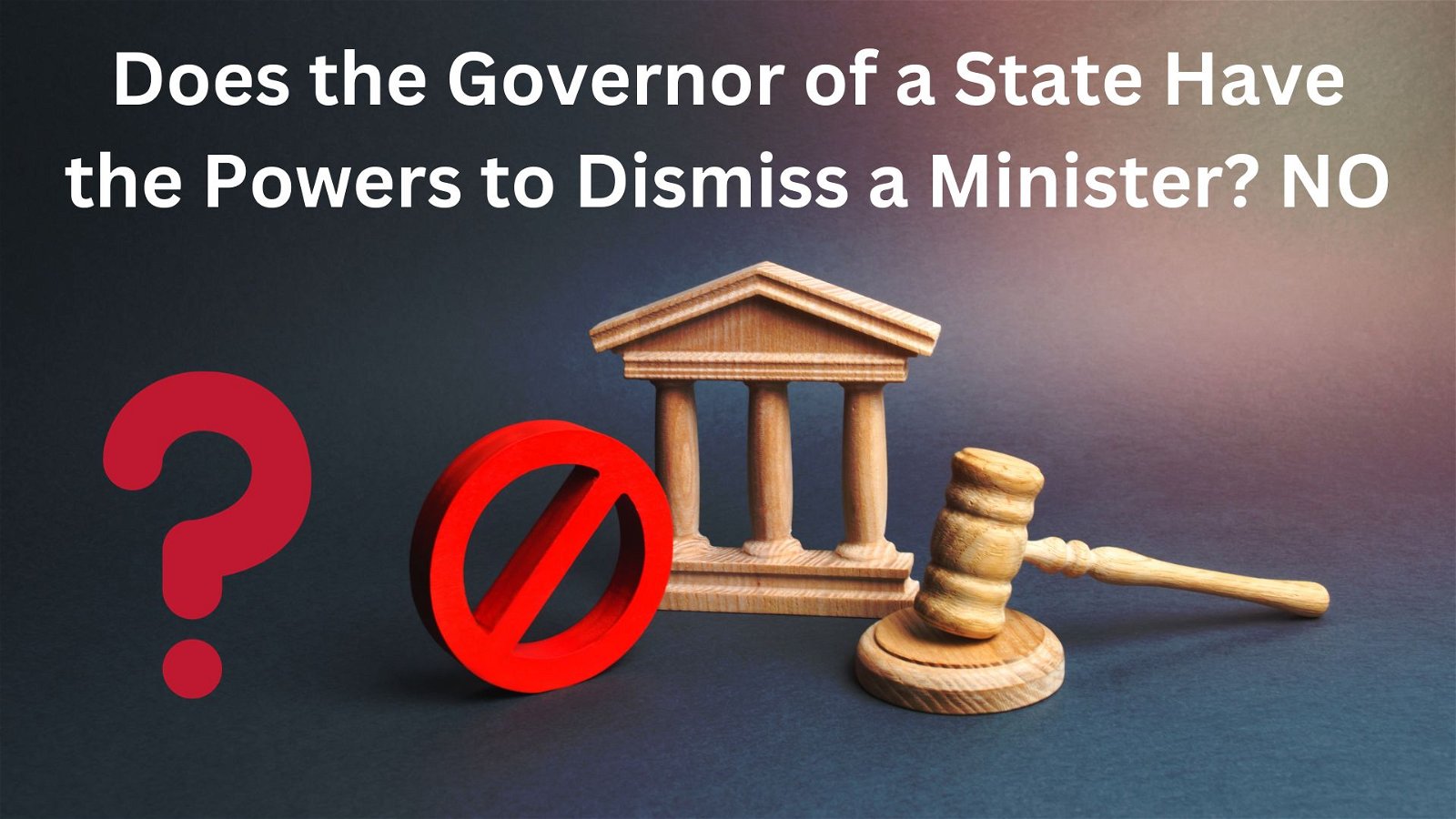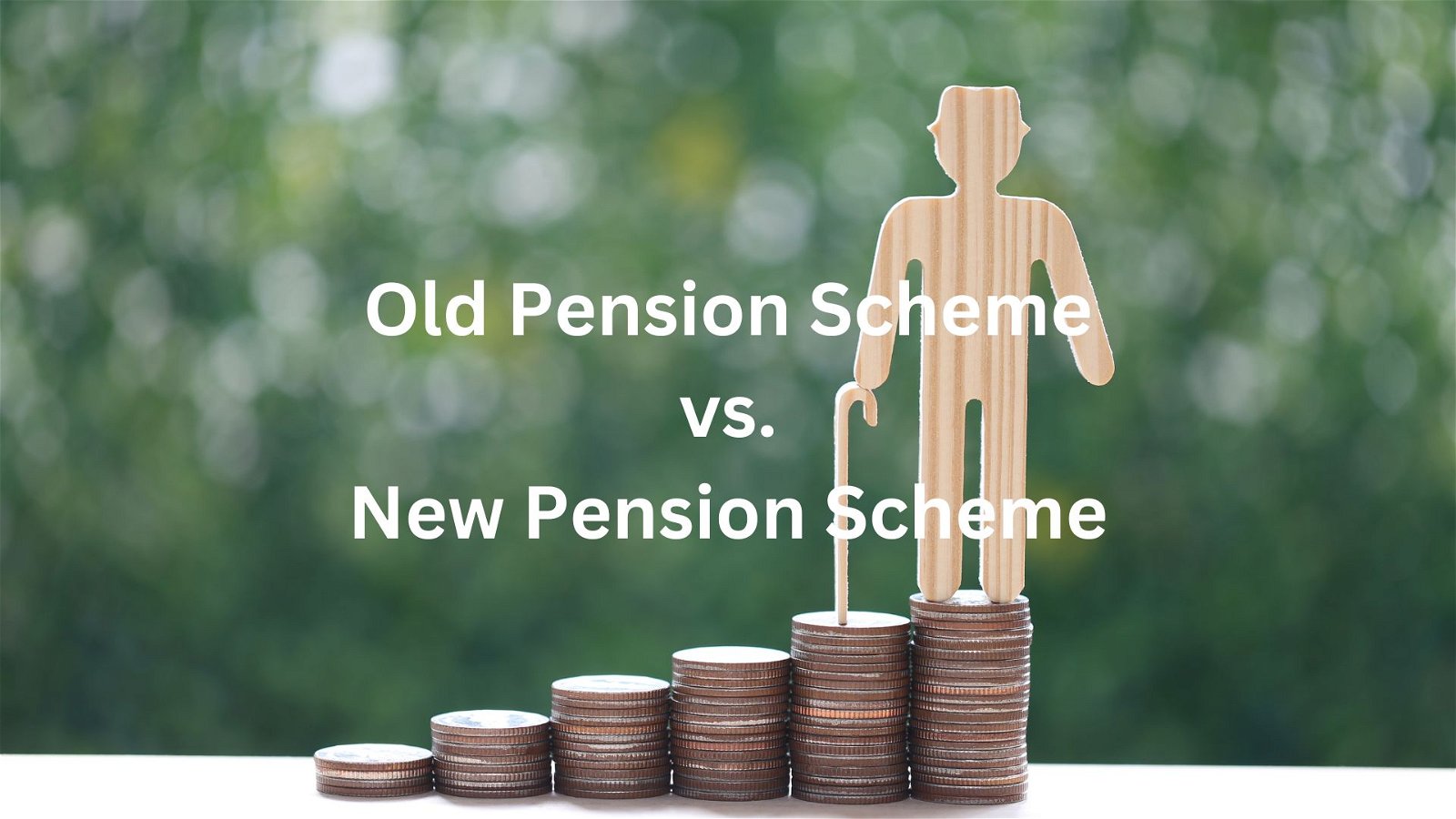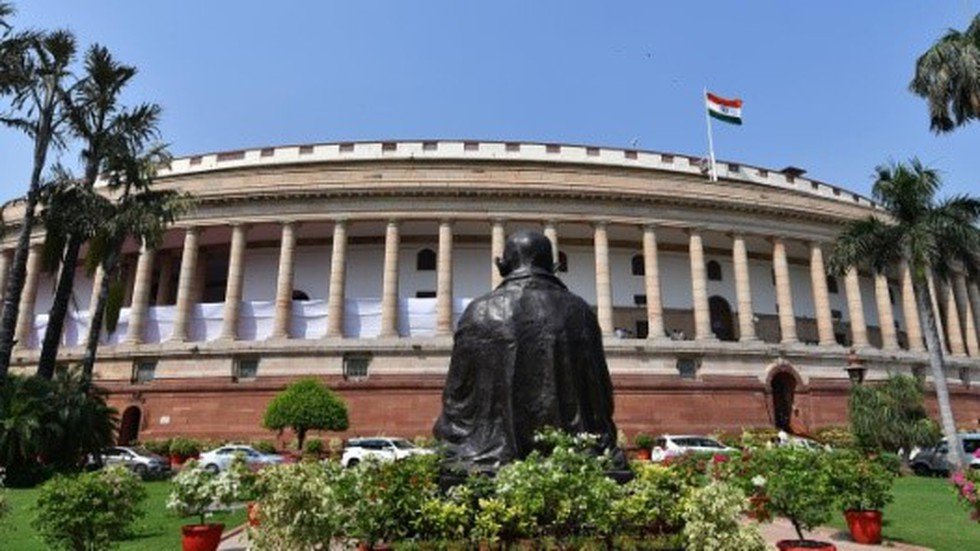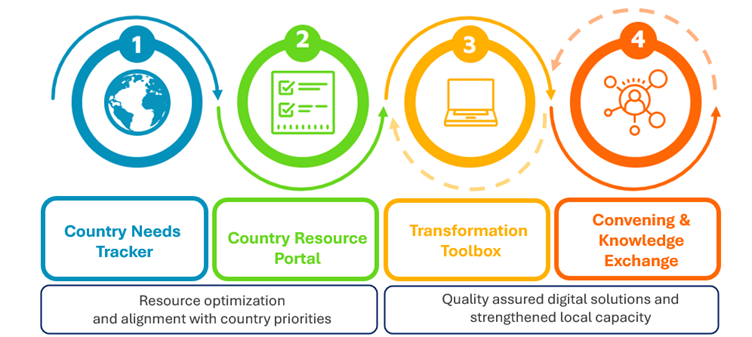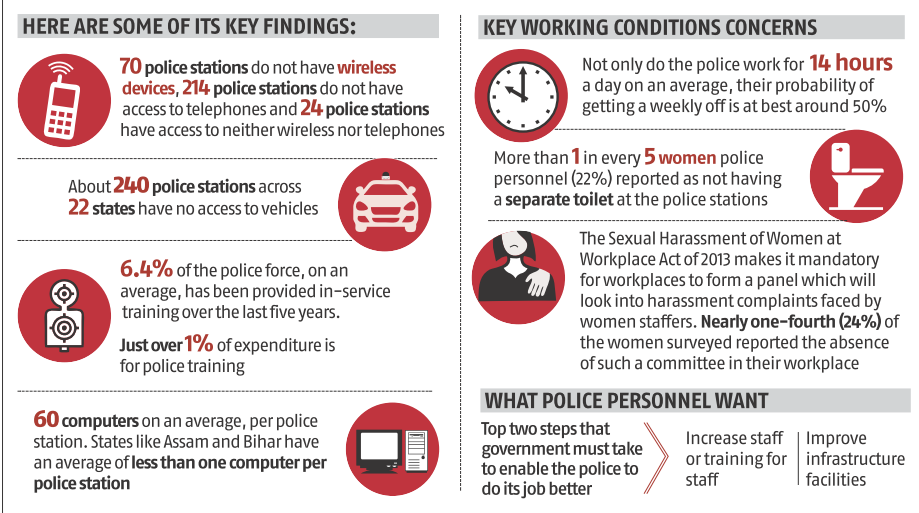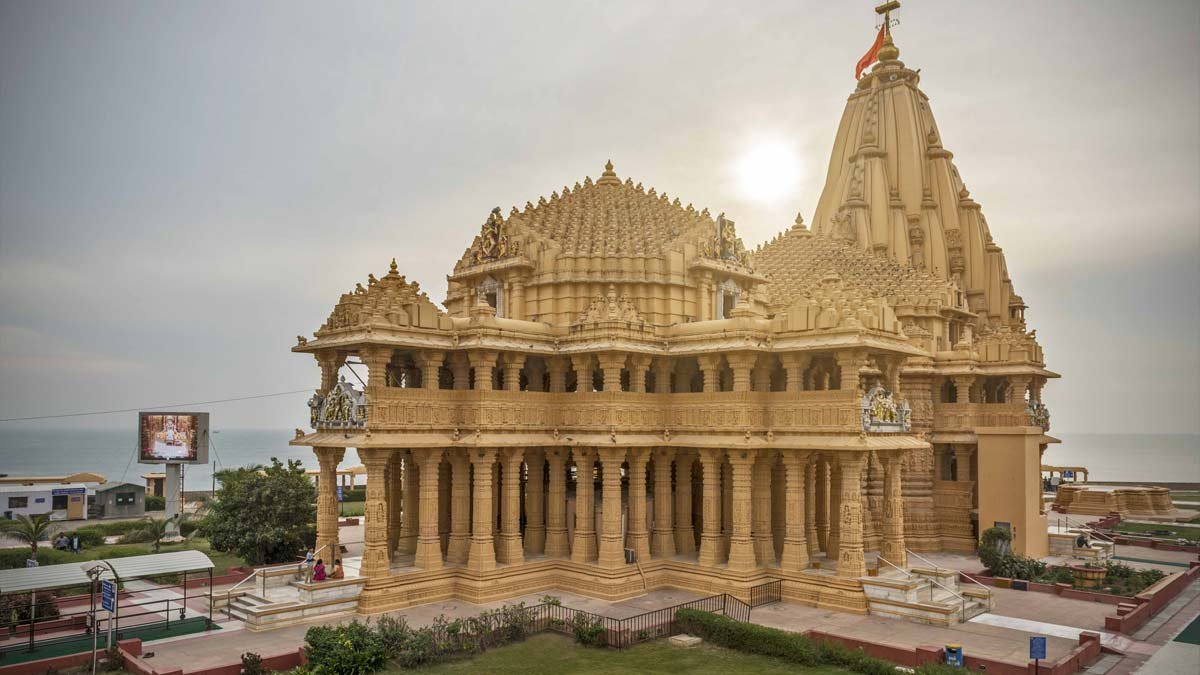
Emergency Provision
Subscribers of "Current Affairs" course can Download Daily Current Affairs in PDF/DOC
Subscribe to Never Miss an Important Update! Assured Discounts on New Products!
Must Join PMF IAS Telegram Channel & PMF IAS History Telegram Channel
- Context (IE): On June 25, India marked fifty years since the imposition of the Emergency.
- During 21-month period from 1975 to 1977, civil liberties were suspended, press freedom was curtailed, mass arrests were conducted, elections were cancelled, and rule by decree was enforced.
National Emergency
- An emergency is a state of affairs that departs from normalcy and necessitates prompt corrective actions.
- The Constitution of India outlines three categories of emergencies:
- National Emergency (Article 352)
- President’s rule or State Emergency (Article 356)
- Financial Emergency (Article 360)
Grounds for invoking a national emergency
- Under Article 352, when war, external aggression, or armed rebellion threatens the security of India or a part of it, the President can declare a national emergency.
- The President may declare a national emergency, even before the occurrence of the actual threat, if he is satisfied that the safety of India or a part of it is threatened.
Types of emergencies
- External Emergency: Due to war or external aggression, it is an external emergency.
- Internal Emergency: Due to armed rebellion, it is an internal emergency.
Procedures for authorisation and duration of a national emergency
- Proclamation made under Article 352 for the imposition of a national emergency should be laid before each House of Parliament and must be approved by them with a special majority.
-
Approval:
- Within one month after the date of the proclamation of national Emergency, it must be ratified by both houses of Parliament.
- If the Lok Sabha is not in session or has been dissolved before the expiry of one month after promulgation, the proclamation must be approved within 30 days from the first sitting of the newly constituted Lok Sabha, provided that the Rajya Sabha approves it in the meanwhile.
|
-
Duration:
- Normally, the Emergency will be in effect six months after approval.
- However, such a proclamation may be extended indefinitely, with each extension receiving parliamentary approval by a special majority every six months.
Impacts of the imposition of a national emergency
- Executive: Centre’s executive authority extends to advising any state to exercise its executive authority.
- Legislative: The Parliament can enact laws on any item in the state list.
- Financial: The President is empowered to modify the provisions regarding the distribution of revenues between the Union and the States.
-
Lok Sabha: For up to one year at a time, while a declaration of National Emergency is in effect, the Lok Sabha’s life may be prolonged beyond its regular term.
- This extension, however, is only valid for a maximum of six months after the Emergency has ended.
- State Assembly: Parliament may repeatedly extend the normal term of a state Legislative Assembly by one year, up to a maximum of six months after the situation has ended.
Effect on Fundamental Rights
-
Article 358:
- Suspension of fundamental rights under Article 19.
- The six fundamental rights under Article 19 are immediately suspended when a proclamation of national Emergency is made under Article 358 on the grounds of war and external aggression.
- Article 359:
- Suspension of other fundamental rights.
- President is authorised to suspend the right to petition in any court to enforce fundamental rights.
- However, the right to judicial remedy for enforcing Articles 20 and 21 cannot be suspended.
- The suspension of enforcement relates to only those fundamental rights per the presidential order.
Revoking of National Emergency
- Articles 352(2) and 352(7) provide for the revocation of the proclamation of Emergency.
- The President may revoke an emergency proclamation by making a subsequent proclamation without parliamentary approval.
- The proclamation ceases to operate on the expiry of 6 months unless the continuance of the proclamation for a further period of 6 months has been approved by both houses of the Parliament.
Instances when the National emergency was imposed in India
-
Indo-China war, 1962
- The first Emergency was declared in October 1962, when the Indo-China war broke out. Although a ceasefire was declared a month later, the Emergency was not revoked.
-
Bangladesh Liberation War (Indo-Pak War), 1971
- The second Emergency was imposed in December 1971, when the Bangladesh Liberation War broke out, and India was a significant player in it.
- Internal Emergency, 1975
- Unlike the first two, the third Emergency was an internal Emergency, and it was imposed on the ground of internal disturbances.
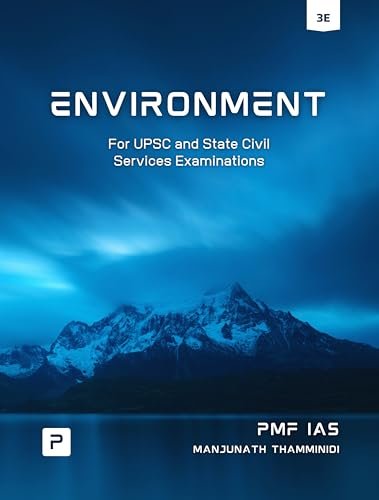

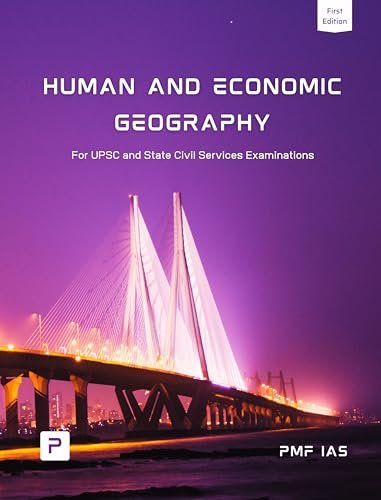


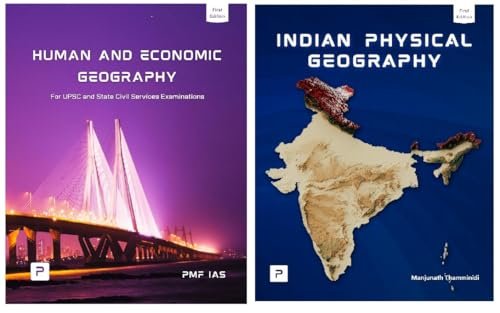

![PMF IAS Environment for UPSC 2022-23 [paperback] PMF IAS [Nov 30, 2021]…](http://pmfias.b-cdn.net/wp-content/uploads/2024/04/pmfiasenvironmentforupsc2022-23paperbackpmfiasnov302021.jpg)

